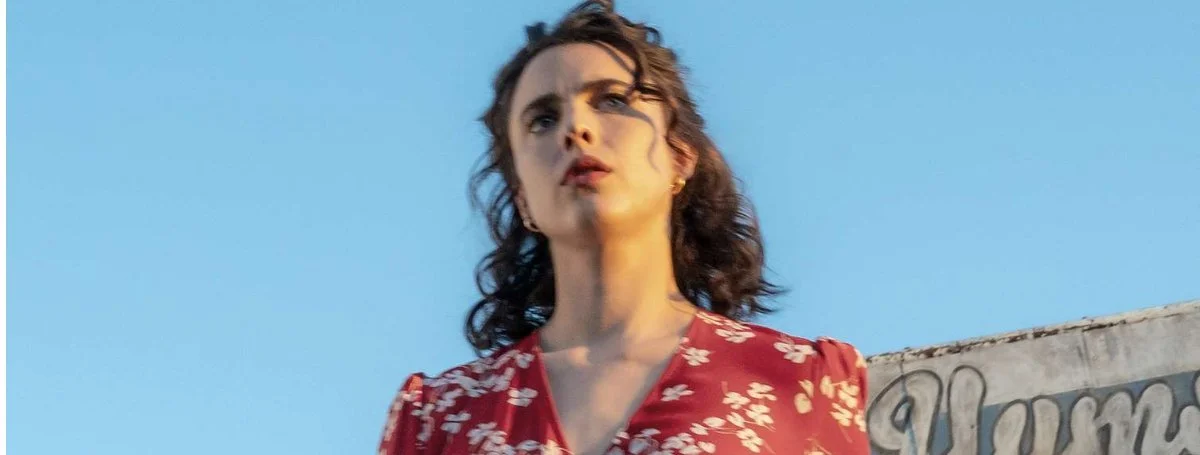When the Academy announced its 2020 Oscar nominations and not one woman was among the Best Director nominees, as you can imagine, social media flipped, outrage ensued. Nominations presenter Issa Rae even got the ball rolling, by saying, “Congratulations to those men” after the category was announced by her and actor John Cho.
Yes, there were some excellent films from female directors this year, particularly Celine Sciamma’s “Portrait of a Lady on Fire,” and Lulu Wang’s “The Farewell,” but both are in a foreign language and, unless you’re named “Parasite,” we all know how the Academy frowns upon subtitles. Then there’s the Greta Gerwig issue. The director’s period drama “Little Women,” failed to make Gerwig one of only five women to have landed a Best Director nomination in history — Gerwig was shut out of the race this year. Did she even deserve to be a part of it? That’s a whole other question for a whole other debate.
Speaking to Deadline, “Little Women” actresses Saoirse Ronan and Florence Pugh, along with their producer pal Amy Pascal voiced their discontent towards the academy, in regards to today’s Gerwig snub.
“I’m really happy that the Academy recognized [Gerwig] for Adapted Screenplay and Picture, and I feel like if you’ve been nominated for Best Picture, you have essentially been nominated for Best Director,” Ronan said. “But to me, Greta, since she started, has made two perfect films, and I hope when she makes her next perfect movie, she gets recognized for everything, because I think she’s one of the most important filmmakers of our time.”
Pugh called the snub “a big blow” and said, “I think everybody’s angry and quite rightly so. I can’t believe it’s happened again, but I don’t really know how to solve it. I don’t know what the answer is, other than we’re talking about it.”
Producer Amy Pascal added that she’s “incredibly disappointed about [the directing snub] because she really deserved it.”
And so, who are the five lucky women who made Academy history by being nominated for Best Director? Well, Gerwig is one, having done the feat wo years ago with “Lady Bird.” The others are Lina Wertmüller (“Seven Beauties”), Jane Campion (“The Piano”), Kathryn Bigelow (“The Hurt Locker”), and Sofia Coppola (“Lost in Translation”). There is a long way to go to right this wrong, but it doesn’t necessarily have to do with the Academy as much as it does in giving female directors more of a chance to strut their stuff via ample opportunity (which was just not there for them until very recently, when all of these movements started to happen and inclusivity actually became a point of important contention in the industry)





